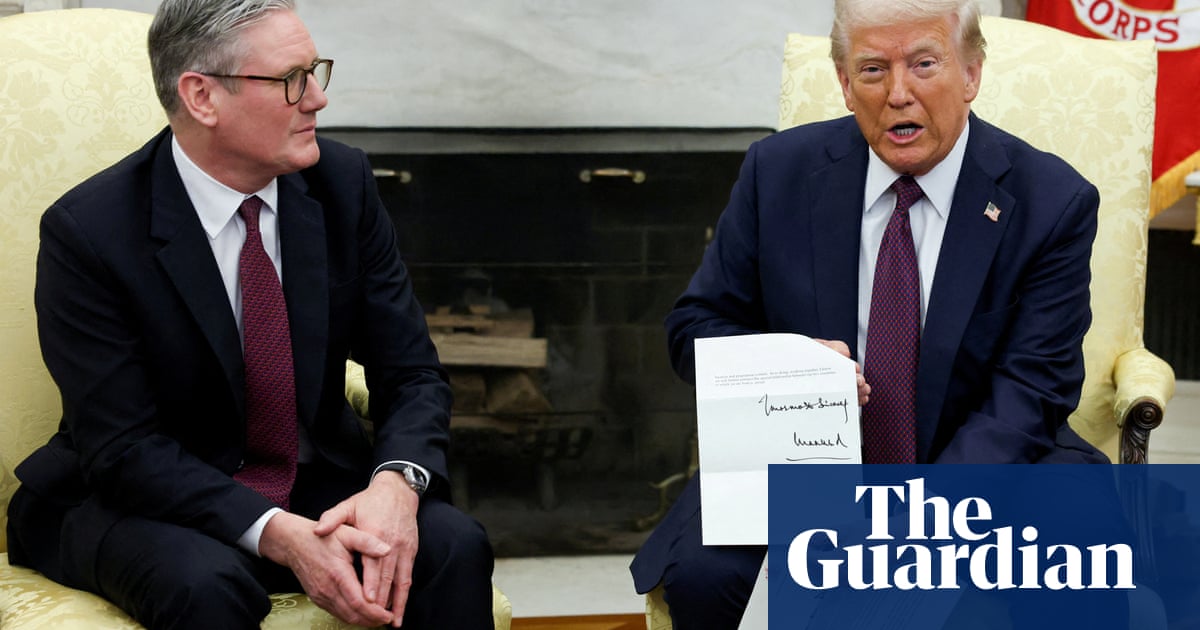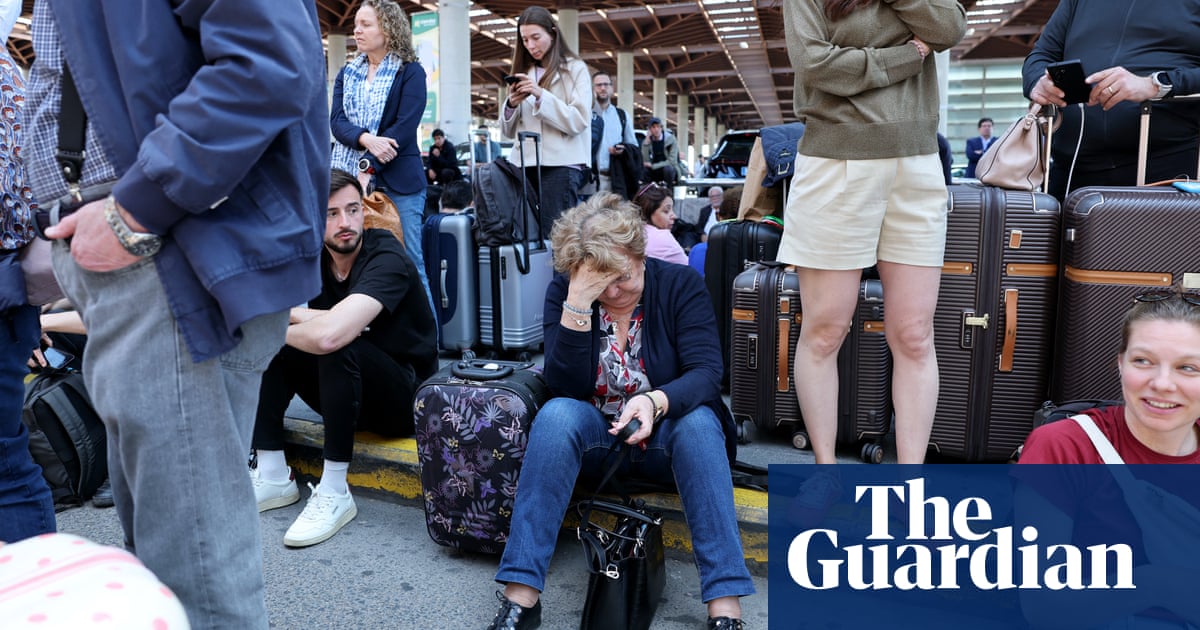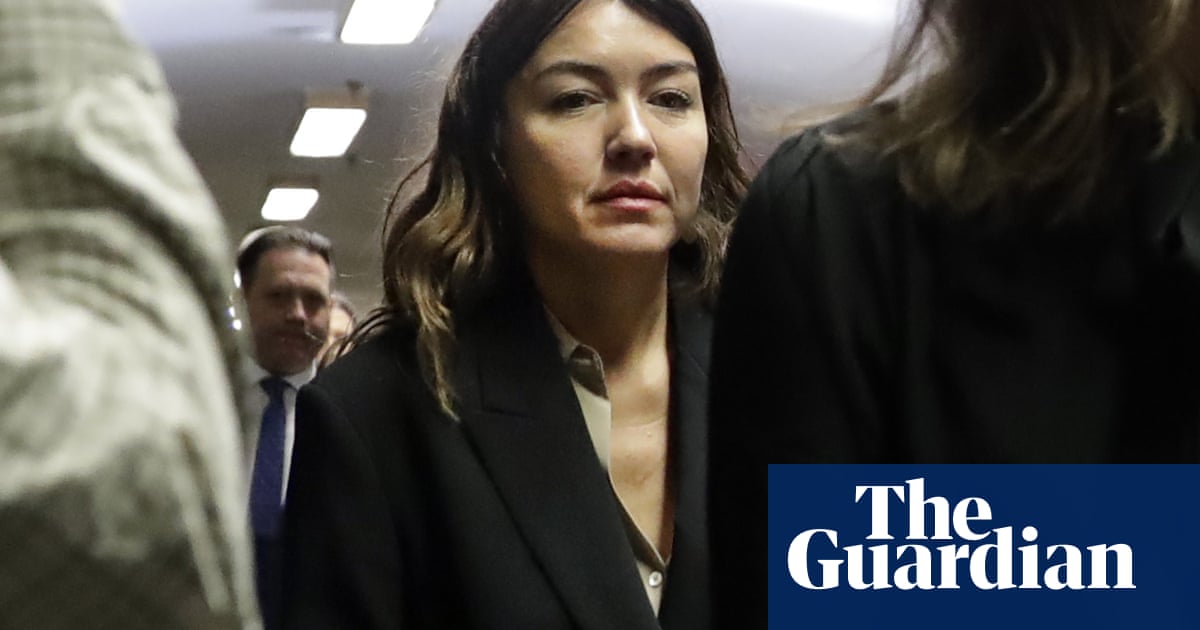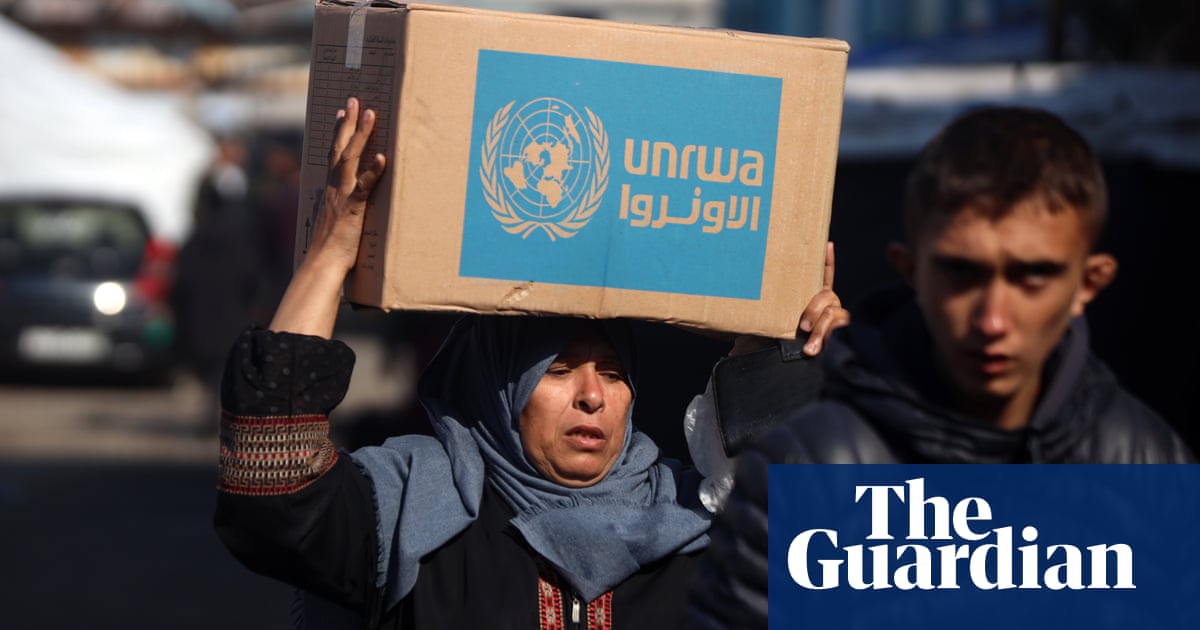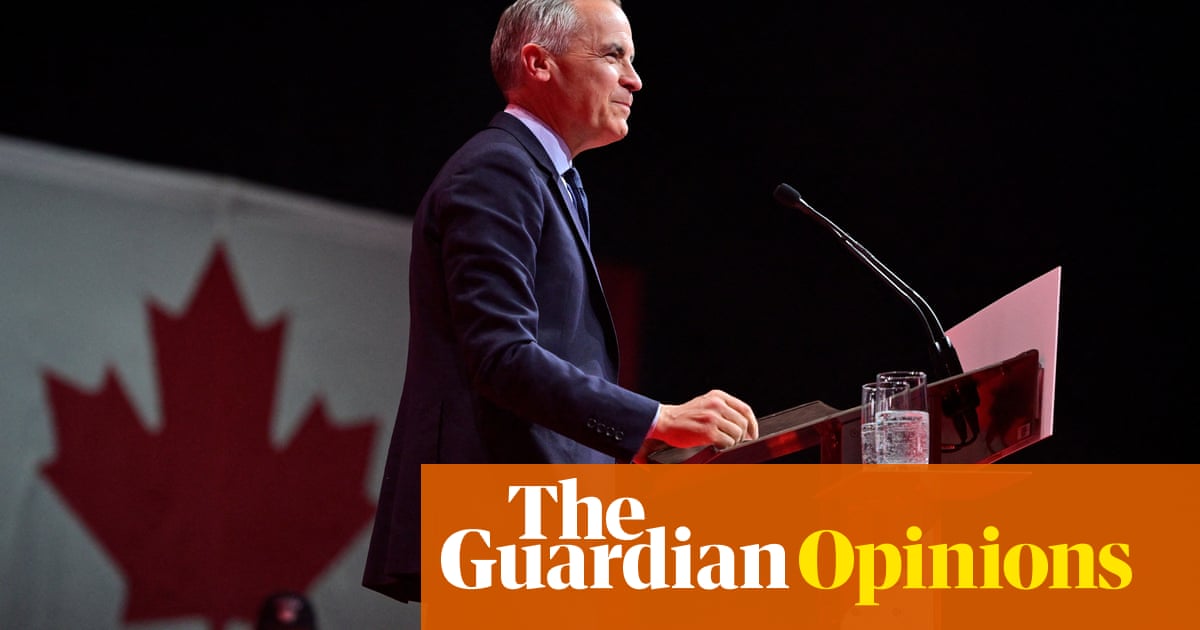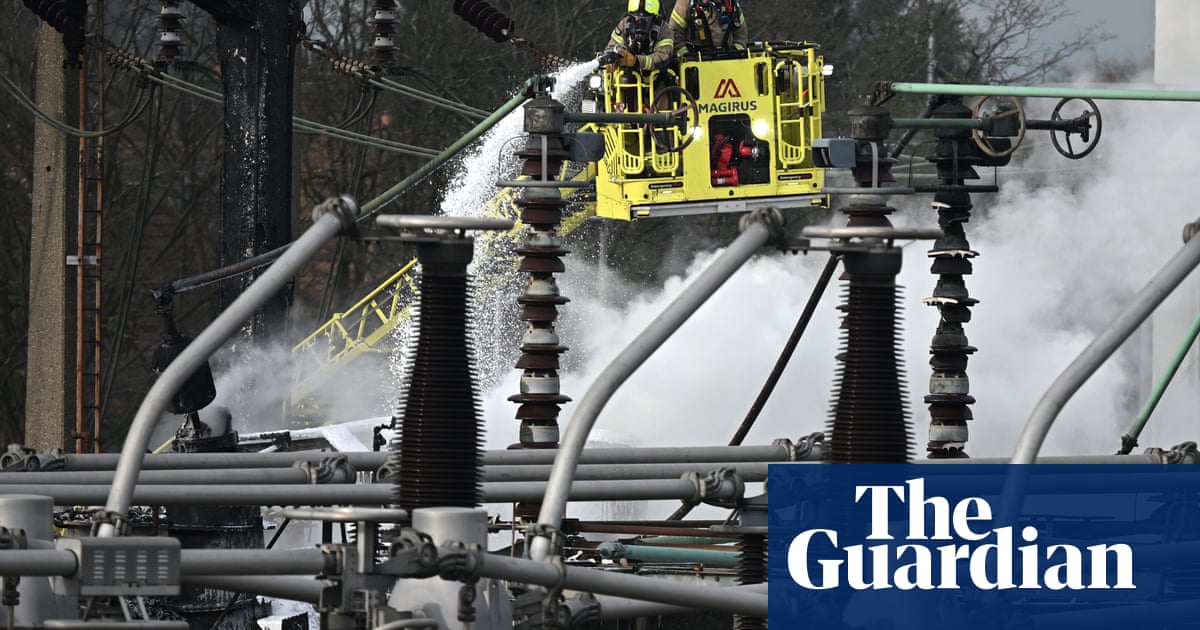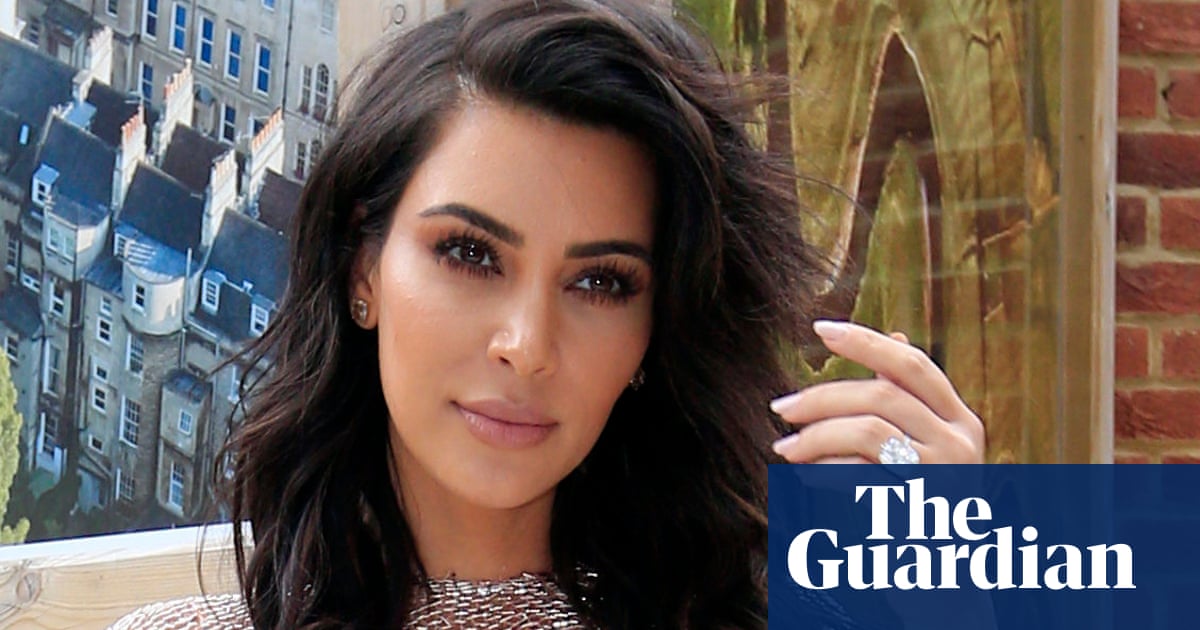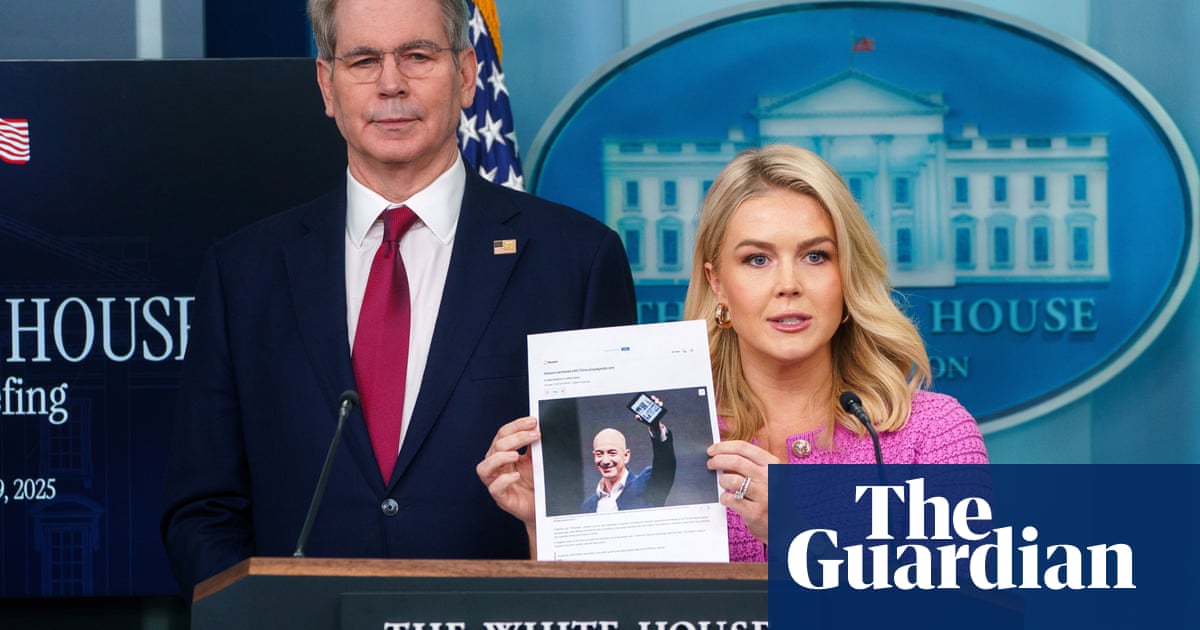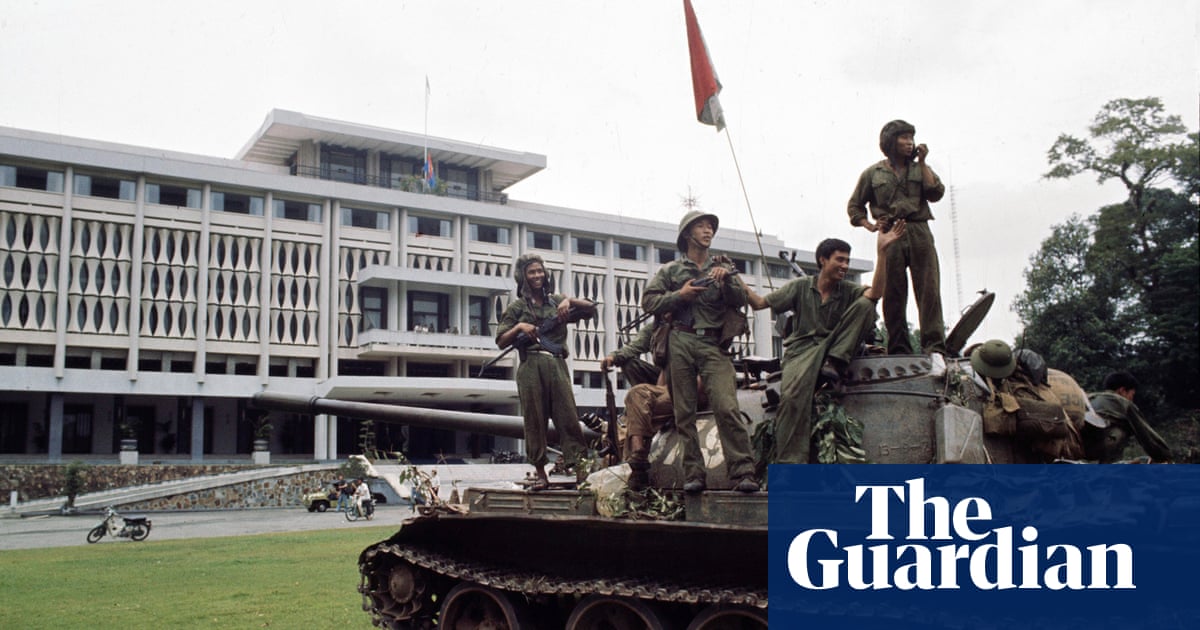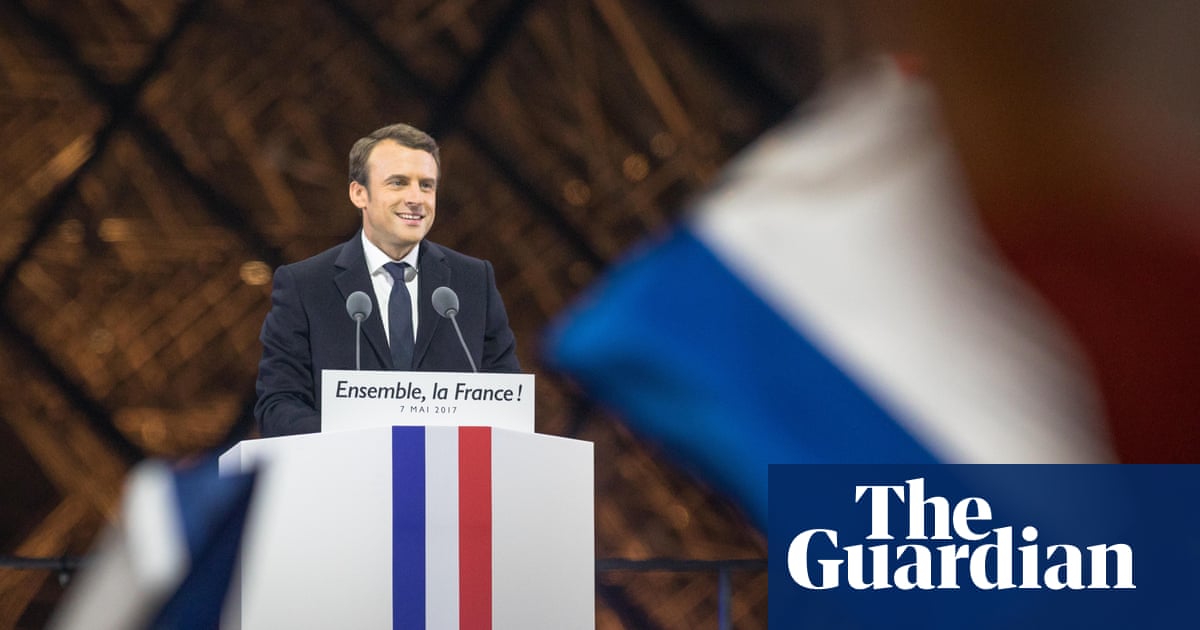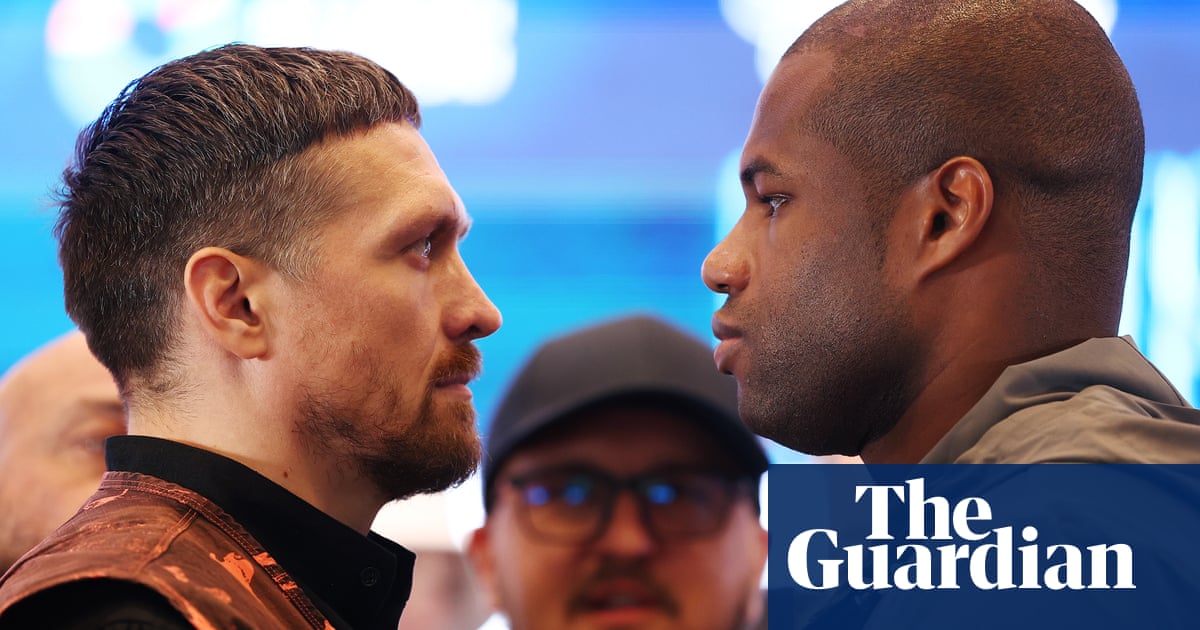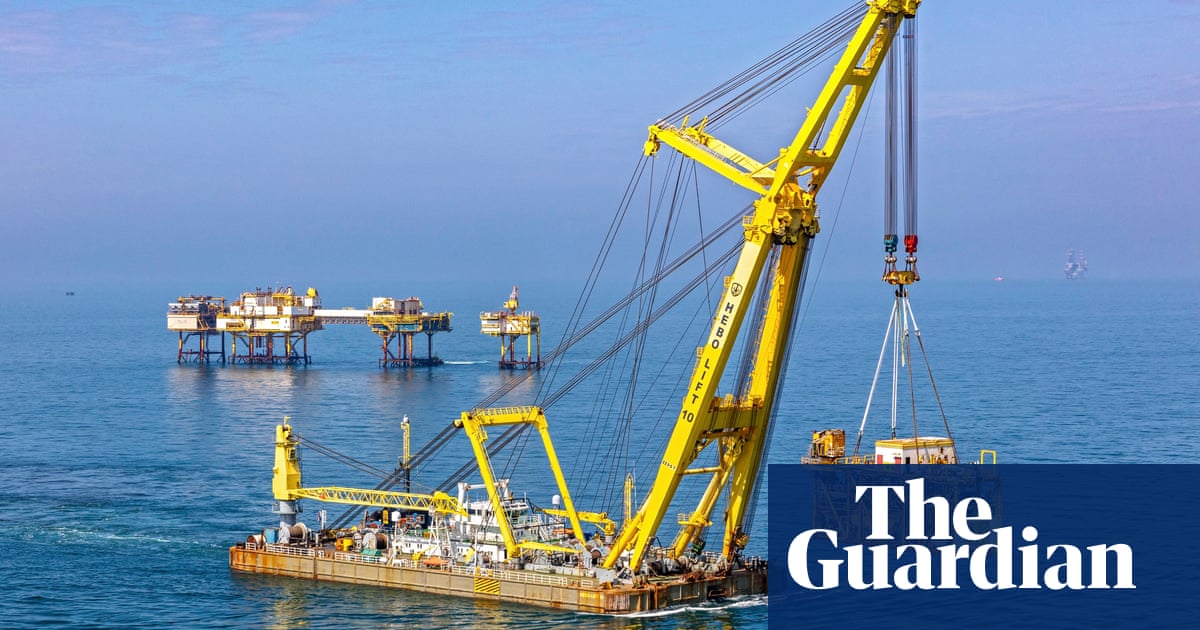Donald Trump’s appeasement of Vladimir Putin makes Neville Chamberlain look like a principled, courageous realist. At least Chamberlain was trying to prevent a major European war, whereas Trump is acting in the middle of one. Trump’s “Munich” (synonymous in English with the 1938 deal in which Britain and France sold out Czechoslovakia to Nazi Germany) comes on the eve of the big security conference in today’s Bavarian capital, where his emissaries will meet western allies. That Munich security conference must be the beginning of a decisive European response, learning from our own tragic history in order to avoid repeating it.
The next step Trump proposes is in effect a new “Yalta” (referring to the February 1945 US-Soviet-UK summit in the Crimean resort of Yalta, which has become synonymous with superpowers deciding the fate of European countries over their heads). In this case, his proposal is that the US and Russia should decide the fate of Ukraine with marginal if any involvement of Ukraine or other European countries. But this time the occupants of the White House and the Kremlin should meet first in Saudi Arabia, then in their respective capitals, while it seems the actual Yalta, in the Crimea, is to be ceded to Russia. For in the brave new world of Trump and Putin, might is right and territorial expansion is what great powers do, be it Russia to Ukraine, the US to Canada and Greenland – or China to Taiwan.
All historical analogies have their limits and those with “Munich” and “Yalta” have been overused. But here, for once, they do feel apposite – so long as we highlight differences as well as similarities.
For a few weeks after Trump’s election we had a faint hope that when it came to Ukraine his administration would follow its proclaimed motto of “peace through strength”, understanding that strength is the only language Putin comprehends. Now we see that Trump not only bullies his country’s friends but sucks up to his country’s enemies.
This so-called strongman is actually a weak man when it comes to confronting the hostile authoritarians of this world. In just one day, he has made four large, unnecessary and damaging concessions. First, he has not just initiated exploratory talks with Putin via an intermediary, which would be defensible, but personally given the Russian dictator fulsome and sycophantic recognition as a world leader. “We both reflected on the Great History of our Nations,” he reported of their long phone call, in a social media post. They discussed “the great benefit that we will someday have in working together. But first, as we both agreed, we want to stop the millions of deaths taking place in the War with Russia/Ukraine.” Imagine if in 1941, instead of entering the war against Nazi Germany on the side of Britain and other allied European nations, the president of the United States had rung up Hitler, reflected on “the Great History of our Nations”, and then talked about jointly ending “the War with Germany/Britain”.
Second, he has offered the Russian leader a bilateral US-Russian negotiation over the heads of the Ukrainians, precisely the kind of new Yalta that Putin has always wanted. And then, third and fourth, he has declared that Ukraine will almost certainly have to concede territory and that the US will not support its membership of Nato. Both those things have been said privately in Washington and other western capitals for some time, but publicly conceding them upfront is a masterclass in how not to practise the “art of the deal”. (He did something similar in negotiations with the Taliban over Afghanistan, starting rather than ending with a timetable for US withdrawal.) Historians now have the notes and recollections of those close to Hitler, documenting his delight at the deal he exacted from Chamberlain. One day, we may have similar evidence of Putin’s private glee at the concessions made by Trump.
This doesn’t mean there will be anything deserving the name of peace any time soon. The Kremlin’s first public readout from the Trump-Putin call was notably cautious, warning that it is “essential to settle the reasons for the conflict”. Probably Putin’s ideal scenario would be to keep talking peace with Trump, through a series of leisurely summits in Saudi Arabia, the US and Russia, while Russia continues to press forward on the battlefield, demolish Ukraine’s energy infrastructure and undermine its economy, society and political unity in other ways. (Asked about the involvement of Ukraine in the talks, Trump mentioned the need for a presidential election there, thus parroting a Russian attack line on the legitimacy of president Volodymyr Zelenskyy.)
There’s one huge difference between Europe at the time of the original Munich and Yalta, and Europe now. Today’s Europe is rich, free, democratic and a closely integrated community of partners and allies. Yes, as recent polling by the European Council on Foreign Relations again demonstrates, it’s also divided and confused about the best way forward for Ukraine. But with a sufficiently determined coalition of willing and capable countries, definitely including Britain, Europe can still enable Ukraine to stabilise the frontline, hold up economically and eventually get to negotiate from strength, not weakness. That’s why this weekend’s Munich security conference must be the beginning of a European riposte to Trump’s Munich.
-
Timothy Garton Ash is a Guardian columnist

.png) 2 months ago
27
2 months ago
27

